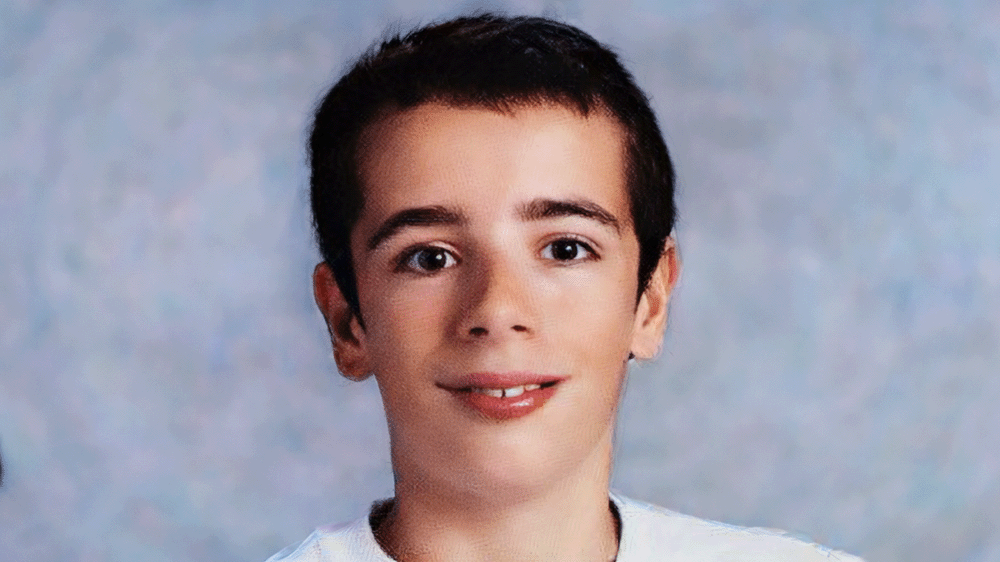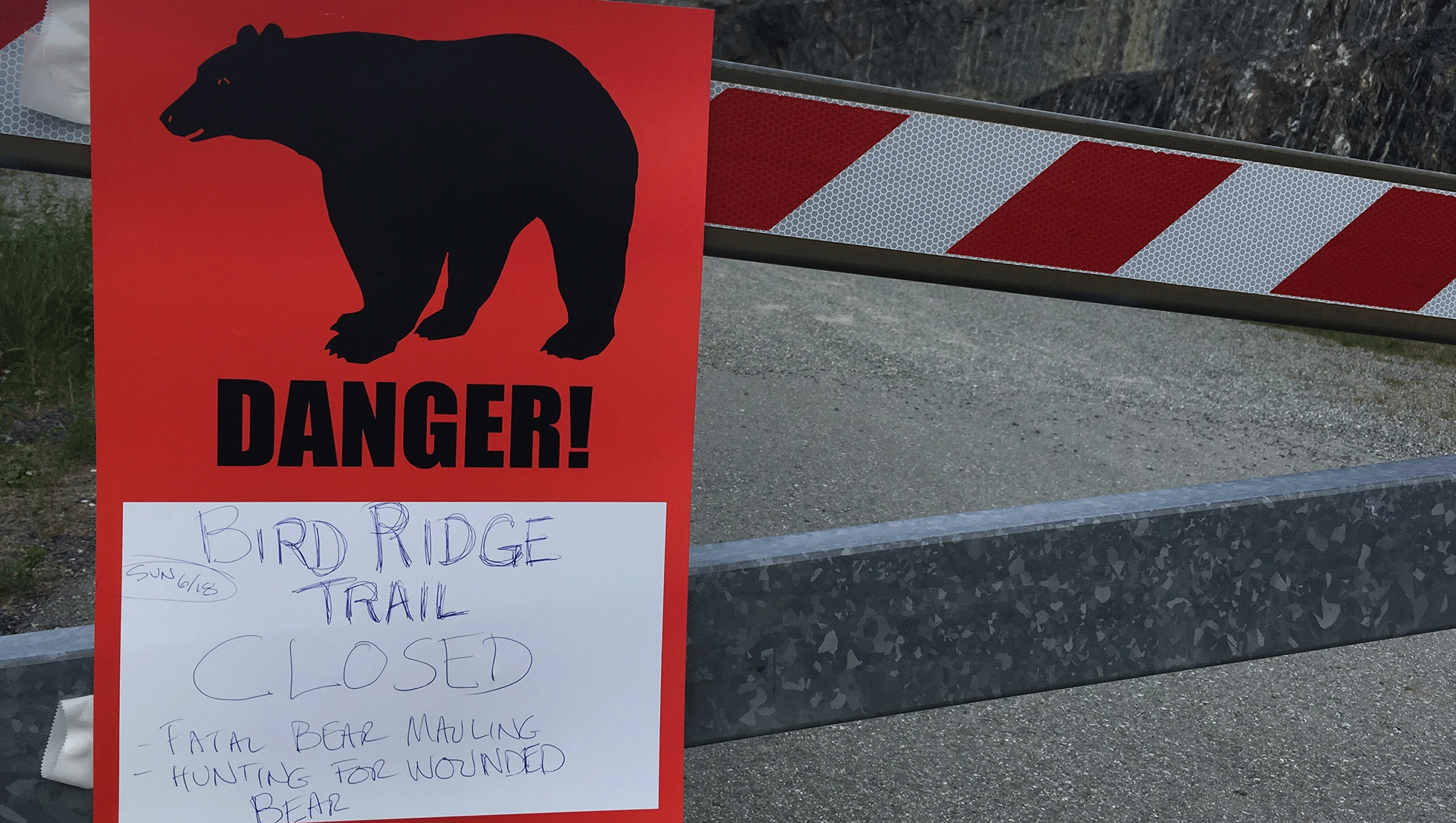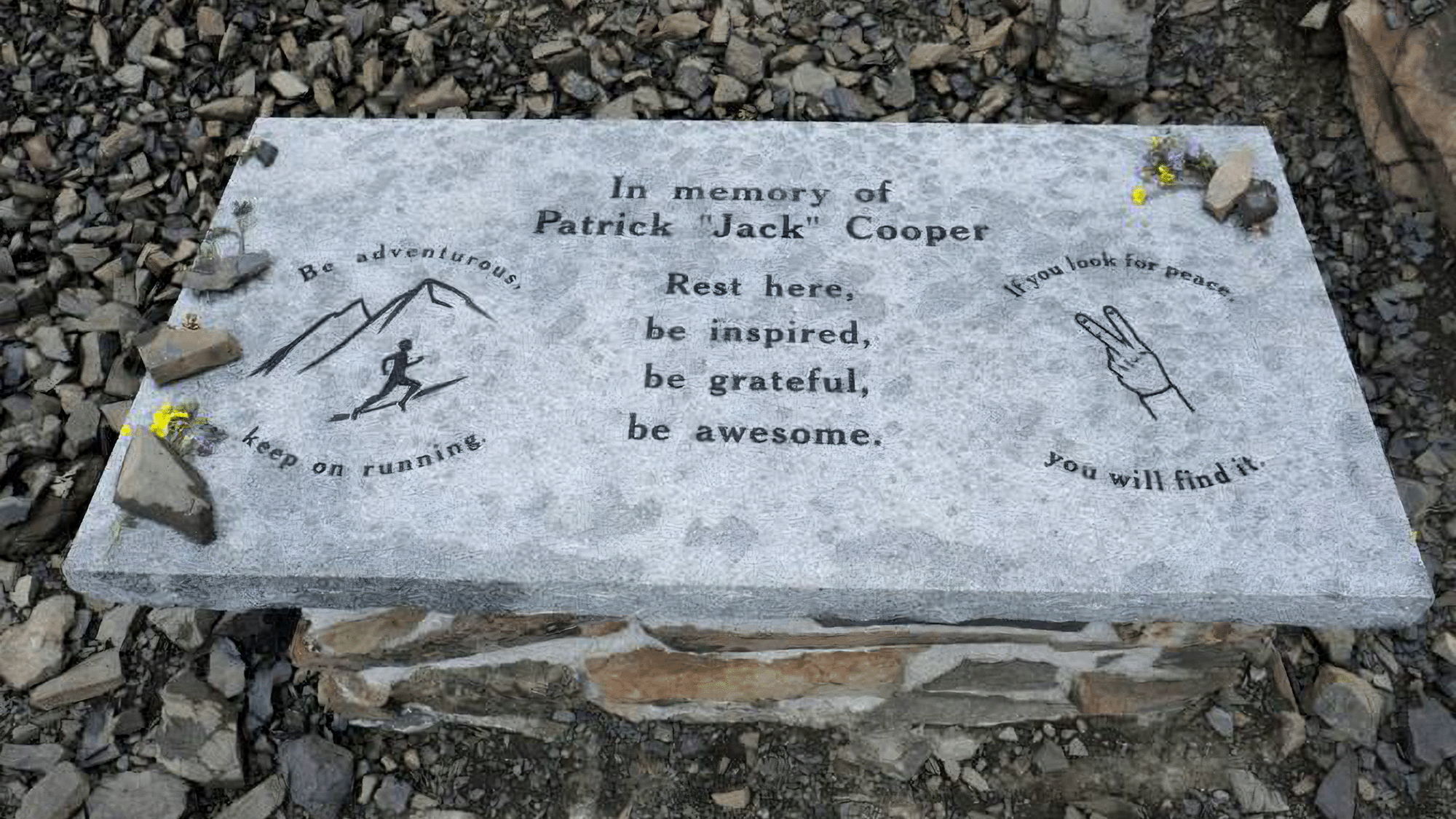Jack Cooper: A Race Against Nature
In 2017, 16-year-old Jack Cooper participated in the Robert Spurr Memorial Hill Climb in Alaska. Tragically, while descending, he encountered a predatory bear. Despite frantic attempts to contact family, help arrived too late. His memory now lives on through memorials and a renamed youth race.

On a tranquil Sunday morning on the outskirts of Anchorage, June 18, 2017, an Alaskan community geared up for the Robert Spurr Memorial Hill Climb, a race up the Bird Ridge Trail. Among the enthusiastic participants was a 16-year-old boy, Patrick “Jack” Cooper, whose love for sport and the outdoors led him to join the race. However, the day which started with much eagerness took an upsetting turn as nature’s unforeseen peril unfolded.
The Robert Spurr is not just a race but a testament to the enduring spirit of the Alaskan community. As runners ascend the rugged terrain, the camaraderie among them transcends the competitive spirit, reflecting a community bound by love for nature and the exhilaration of surmounting the towering ridges. The race, marking its 29th year, was not just a competition but a shared passion for outdoor endurance.
Patrick Cooper was born as Patrick Stephen Woodward, and faced health challenges early on, spending his initial months in the Providence Hospital NICU. After a nurturing period with his birth family, he was warmly welcomed by his adoptive family and became known as Patrick Jack-Stephen Cooper. Uniquely, Jack's adoptive and biological families maintained an open adoption, allowing him to remain close to everyone who loved him. Together, they fostered his zest for life.
Jack resided in Anchorage, Alaska, for his entire life and attended East Anchorage High School having just graduated the tenth grade. Here, he pursued his academic interests and engaged in a variety of extracurricular activities that enriched his experience. As a special needs student, Jack faced challenges, but his enthusiasm and determination to learn and push his boundaries significantly overshadowed these obstacles.
Jack had a passion for basketball, often impressing others with his three-point shot. He was also a devoted hockey fan. His love for board games like Chess and Monopoly was evident, and he relished outdoor activities such as fishing and inner-tubing. His family fondly recalls moments when he would beat his grandmother at Wii bowling and immerse himself in a virtual world as a wolf through his iPad wolf simulator game. He had a particular liking for cheese, which he enjoyed alongside warm root beer.

The Robert Spurr Memorial Hill Climb, named in honor of Bob Spurr, a distinguished University of Alaska Anchorage professor and age-group athlete who tragically died in a mountain climbing accident in 1995, is a significant event in the Alaskan athletic community. Each year, on the third Sunday of June the Bird Ridge Trail buzzes with activity as the race commences.
The race terrain, both challenging and picturesque, encompasses a 3-mile uphill stretch, inviting the daring to tackle a substantial elevation gain of 3,400 feet. Participants weave their way through a lush coastal forest before reaching the tundra at the ridge's summit. This race tests endurance, fosters a harmonious engagement with nature, and embarks on a journey of self-discovery amidst Alaska's pristine wilderness. As one of the six races in the Alaska Mountain Runners Grand Prix series, the Robert Spurr Memorial Hill Climb holds a cherished position in the Alaskan running community. With a cap set at 250 runners, the race fosters a unique blend of competition and camaraderie.
As dawn broke, Jack laced up his running shoes, feeling a surge of exhilaration. The camaraderie at the starting line was tangible. As Jack, his family, and the other runners began their ascent, they were oblivious to the unfolding events that would soon etch a somber mark on the memories of the Alaskan community. The rugged terrain and demanding path tested Jack's endurance, yet he persevered with each stride. The halfway point signaled the end of the junior race, where Jack and other young runners would begin their descent, unlike the adult race which continued uphill.
As Jack descended back towards the starting line, aiming to reunite with his family at the designated meetup spot, a wrong turn led him astray from the others. Now alone, he unknowingly caught the attention of a predatory black bear. Panic set in, and he attempted to reach out for help using his cellphone, making a series of frantic calls and texts that went unanswered. A distressing text from Jack to his family about being chased by a bear triggered a wave of panic among his loved ones.
However, no one in Jack's family had a working phone available during the race or immediately after. His mother had her phone but had turned it to airplane mode to save the battery, a fact she remembers bitterly.
News of Jack's ordeal swiftly spread through the racing community, transforming the camaraderie of the event into a frantic search filled with desperate hope for Jack's safety. The search, led by race officials, fellow runners, and family members, turned into a race against time.
Other runners reported losing sight of Jack amidst thick brush and rushed to report the attack upon reaching the base. One runner recalled seeing a bear circling a teen. Utilizing the GPS coordinates from Jack’s phone, searchers managed to locate him about two hours later. They found Jack, lifeless, in the brush well off the trail, with the aggressive bear looming over him.

According to reports, the bear stayed near Jack's lifeless body for some time. A ranger managed to shoot the bear in the face, but it escaped, initiating a large-scale hunt by rangers and officials from the Alaska Department of Fish and Game for the lone adult bear, now considered a threat. State biologists, utilizing helicopters and fixed-wing aircraft, tracked and euthanized four bears in their quest to neutralize the threat. They expressed confidence in having eliminated the right bear. Officials explained that they opted to euthanize the bears instead of tranquilizing them, as tranquilizers would have driven the bears further into the wilderness. One of the euthanized bears had a gunshot wound to its jaw.
The Anchorage community, known for its resilience, was deeply moved as the tragic news spread. The story of a young runner whose life was abruptly ended by an encounter with wildlife struck a chord with many. As the media reported the incident, the tragedy resonated not just in Alaska, but nationwide. The coverage highlighted the unpredictable interactions between humans and the wild.
The running community, along with the broader Anchorage community, rallied to support the Coopers during this difficult time. Vigils were held, stories were shared, and the spirit of unity showcased the unyielding solidarity of the Alaskans.

In memory of Jack, a bench was placed on Bird Ridge, the trail where Jack embarked on his last adventure. The bench, engraved with the inscription "Rest here, be inspired, be grateful, be awesome," provides a tranquil spot for hikers and runners to pause, reflect, and appreciate the wilderness. Today, the youth portion of the race has been renamed Jack's Run in his honor.
On June 18, 2018, a year after the tragic event, the Alaska Legislature honored Jack by issuing a Legislative Citation. The citation acknowledged Jack’s joyful spirit, his love for life, and the indelible mark he left on his family, friends, and community. It was a heartfelt acknowledgment of a young life well-lived.
The Cooper family continues to keep Jack's memory alive in the community through annual remembrances, heartfelt stories shared, and pictures of his smiling face serve as enduring reminders of the vibrant young soul who once tread the trail.
This tragic event also spurred discussions on safety and preparedness in the wild. As Jack’s story continues to be told, it serves as a reminder of the unpredictable nature of interactions between man and nature. Despite the proximity to wildlife in the vast wilderness of Alaska, incidents like Jack's remain exceedingly rare. While seasoned hikers and runners often share tales of benign encounters with bears, this incident serves as a stark reminder of the unforeseen dangers that may lurk within the majestic beauty of the Alaskan outdoors.
The memorials in Jack’s honor, the shared stories filled with both laughter and tears, and the collective reflection on the delicate balance between man and nature, all contribute to the enduring narrative of a young adventurer whose life, though cut short, continues to inspire. As the trails of Bird Ridge continue to beckon the daring, the memory of Jack Cooper serves as a silent companion to every stride, a quiet encouragement with every breath, resonating through the rugged yet beautiful terrains of life.
